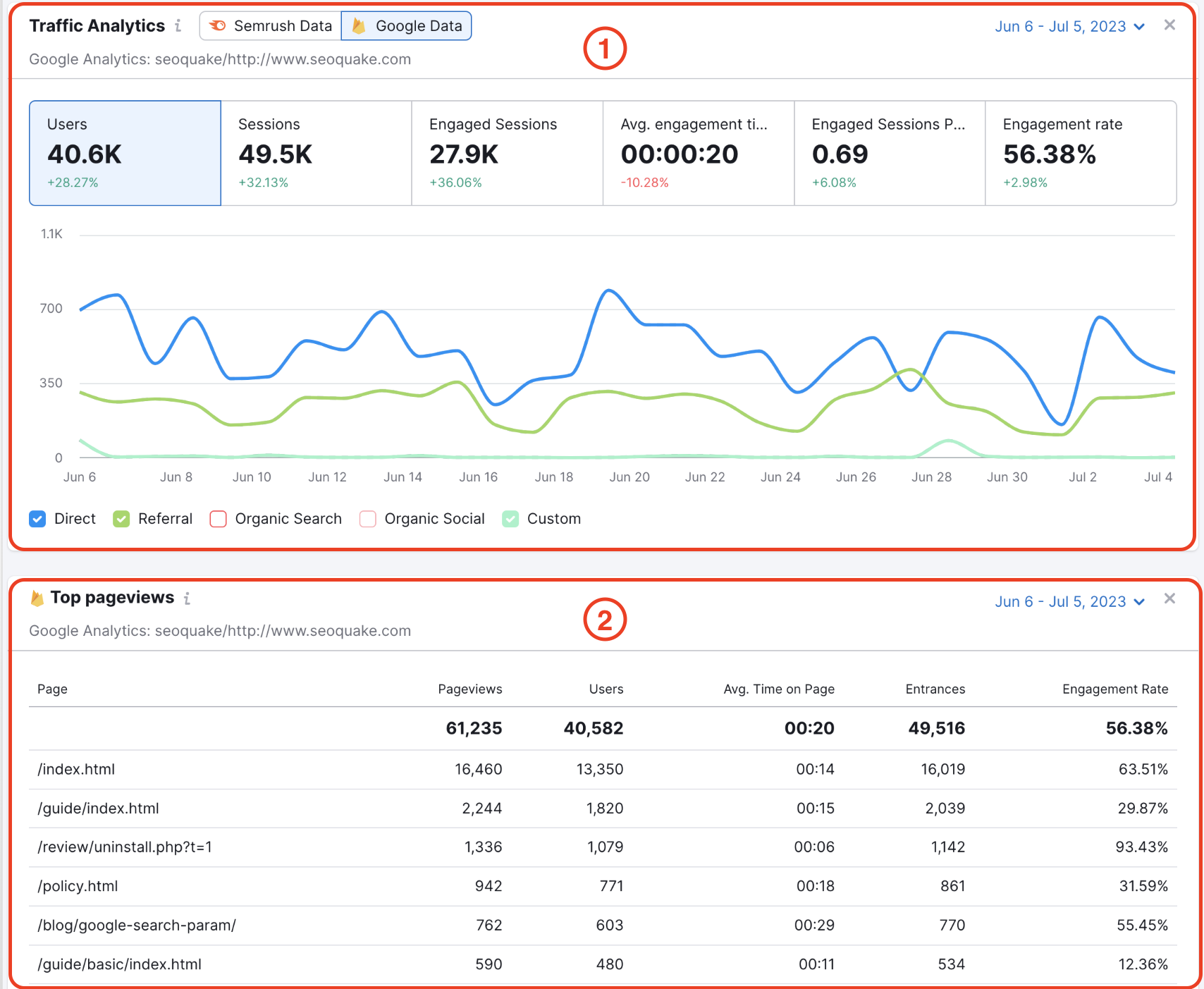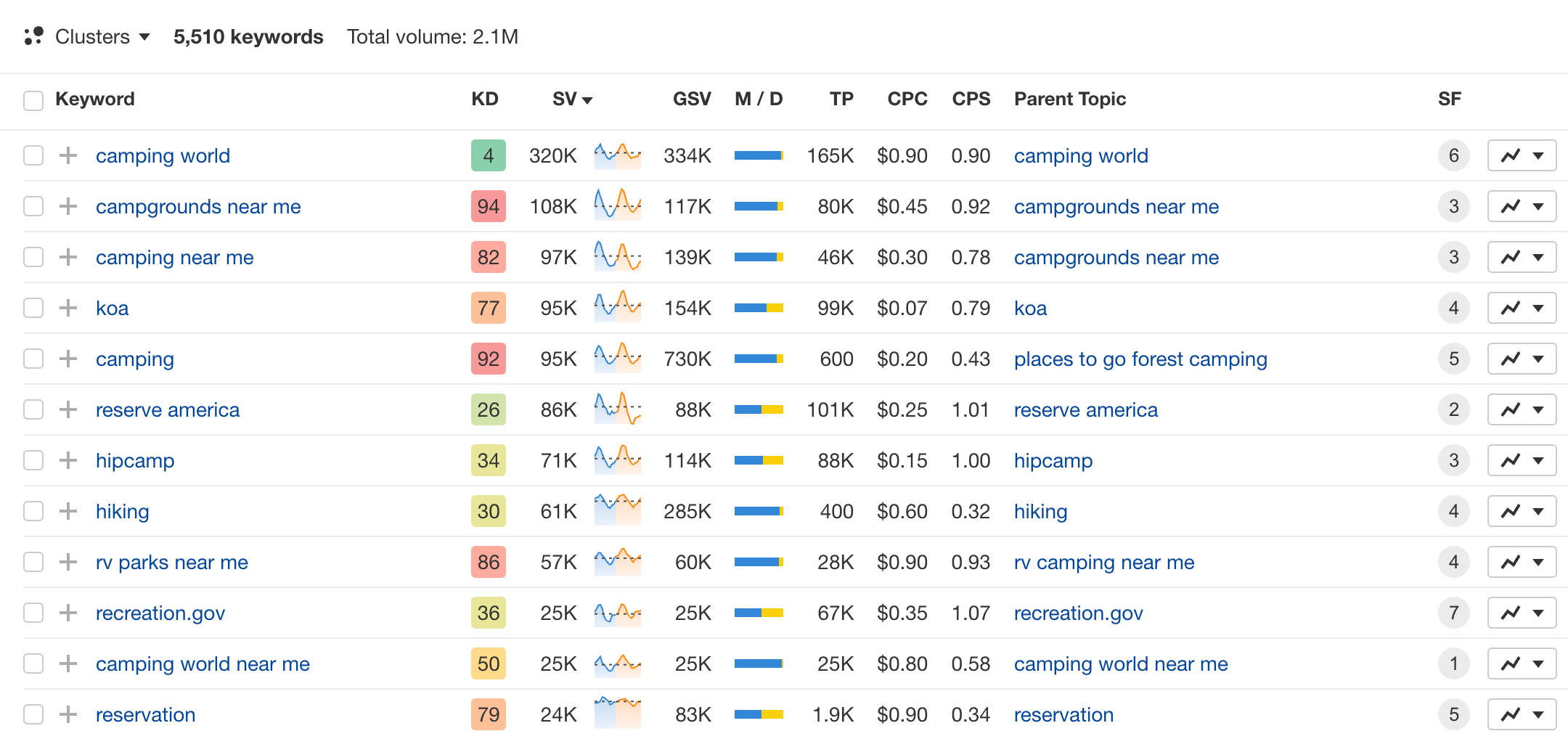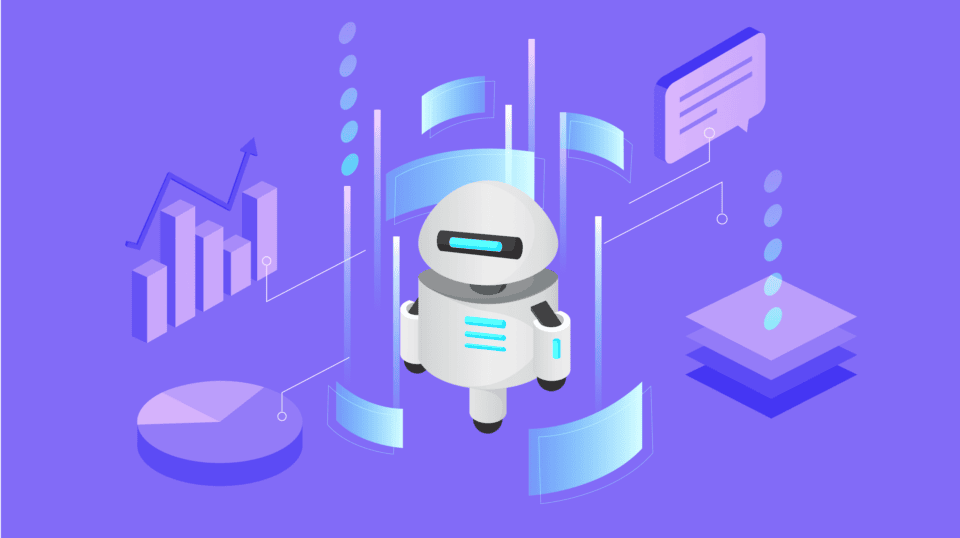In today’s online world, getting your website to show up high on Google search results is key for any business or content creator. AI SEO tools make this easier by using smart tech to handle tasks that used to take hours. These tools look at data, suggest improvements, and help create content that matches what people search for. By using them, you can save time and see better results in your rankings. This guide will cover everything you need to know about these tools, from what they are to how to use them right. It aims to give you real steps and tips based on current practices in 2025.
Many sites struggle with low traffic because they miss out on the latest ways to optimize. AI changes that by offering quick insights into keywords, content gaps, and site issues. For example, tools like SEMrush and Surfer SEO have helped users increase their visibility by spotting opportunities others ignore. If you’re new to this or looking to improve, understanding these tools can lead to steady growth in your Google positions. The focus here is on practical advice that you can apply right away to see changes.
What Are AI SEO Tools?
AI SEO tools are software programs that use artificial intelligence to help improve your website’s search engine performance. They go beyond basic keyword checks by analyzing large amounts of data to predict what will rank well. These tools can suggest content ideas, fix technical problems, and track how your site does over time. In simple terms, they act like a smart assistant for your SEO work, making decisions based on patterns from successful sites.
One main part is keyword research, where AI looks at search trends and competition to find the best terms for your content. Another is content optimization, which checks your writing for relevance and suggests additions to match top results. Tools also handle site audits to find errors like slow loading or broken links that hurt rankings. By automating these steps, AI reduces guesswork and lets you focus on creating value for readers. In 2025, with Google’s updates, these tools also consider user experience factors like mobile-friendliness and page speed.
AI brings speed and accuracy to SEO that manual methods can’t match. For instance, instead of spending days researching competitors, an AI tool can scan hundreds of pages in minutes and give you a report. This helps small businesses compete with bigger ones. However, remember that AI is a helper, not a replacement for human judgment. You still need to review suggestions to ensure they fit your brand and audience needs.
Benefits of Using AI for SEO
Using AI in SEO saves a lot of time on repetitive tasks like keyword hunting or content outlining. Instead of manual work, AI processes data fast and points out what needs fixing. This means you can produce more content without losing quality, leading to higher Google rankings over time. Tools also provide insights into what users want, helping you create pages that answer questions better than competitors.
Another big plus is better accuracy in predictions. AI looks at past trends and current data to forecast which keywords will bring traffic. This reduces risks in your strategy and increases chances of success. For example, features like real-time optimization adjust your content as you write, ensuring it meets search standards. Businesses report up to 30% more organic traffic after switching to AI tools, as they catch issues early and suggest fixes.
AI also makes SEO accessible for beginners. With user-friendly interfaces, you don’t need deep technical skills to get started. It handles complex analysis and gives simple recommendations. Plus, it tracks performance across devices and locations, giving a full picture of your site’s health. In the end, this leads to cost savings, as you avoid hiring extra help for basic tasks. Overall, AI turns SEO into a more efficient process that drives real results.
Top AI SEO Tools in 2025
In 2025, several AI SEO tools stand out for their ability to boost Google rankings. These include all-in-one platforms and specialized ones for content or audits. Each offers unique features like automated suggestions and tracking. Below, we break down some of the best options, with details on how they work and their pricing.
SEMrush

- SEMrush is a complete toolkit that uses AI for keyword research, site audits, and competitor analysis. Its AI assistant gives recommendations on content and backlinks, while the Position Tracking tool monitors rankings in real time. You can also use it to check visibility in AI search like ChatGPT. Pricing starts at $139.95 per month for the Pro plan, with higher tiers for more features. It’s great for teams needing broad coverage.
- This tool helps by categorizing keywords and predicting trends, so you pick terms with high potential. For audits, it scans over 100 factors and prioritizes fixes. Users like its integration with Google Analytics for detailed reports. Pros include quick support and a 14-day free trial. Cons are the extra cost for advanced AI add-ons. Many report improved rankings after using its optimization tips.
Ahrefs

- Ahrefs excels in backlink analysis and keyword exploration with AI-driven insights. The Keywords Explorer finds low-competition terms and clusters them for content plans. It also audits sites for issues and tracks rankings. Plans start at $99 per month, with a free trial for some features. It’s ideal for those focusing on links and research.
- The tool analyzes billions of pages to suggest strategies that work. For example, it shows parent topics to build clusters around. Pros are its huge database and easy interface. Cons include no full free plan. Users see better rankings by targeting suggested keywords and fixing backlink problems.
Surfer SEO

- Surfer SEO focuses on content optimization by comparing your work to top-ranking pages. Its AI generates outlines, suggests keywords, and scores content in real time. The Surfer AI writes full articles, and the Audit tool checks existing pages. Pricing begins at $99 monthly, with a 7-day money-back guarantee. It’s perfect for writers wanting quick improvements.
- You input a keyword, and it provides a blueprint with word count and terms to include. This ensures your content matches search intent. Pros are fast generation and multi-language support. Cons include no free trial. Many users boost rankings by following its scores, often seeing gains in weeks.
Clearscope
- Clearscope optimizes content by analyzing competitors and suggesting terms for better relevance. It grades your writing and tracks decay in rankings. The inventory feature monitors all pages for updates. Starts at $189 per month for Essentials. Suited for teams managing lots of content.
- It groups terms semantically to guide natural inclusion. This helps content rank higher by covering topics fully. Pros include integration with Google Docs. Cons are higher price. Users fix underperforming pages, leading to traffic increases.
Frase
- Frase uses AI for research, writing, and optimization. It creates briefs from SERPs and suggests structures. The editor optimizes as you type, and it integrates with WordPress. Pricing from $14.99 monthly. Good for fast content creation.
- By pulling data from top results, it ensures your work is comprehensive. Pros are affordability and ease. Cons limited advanced analytics. Helps rankings by aligning with intent.
MarketMuse
- MarketMuse plans content strategies with AI, identifying gaps and scoring quality. It suggests topics and optimizes drafts. Starts at $149 monthly. For strategic planning.
- It builds inventories to prioritize updates. Pros deep insights. Cons steep learning. Improves rankings through better coverage.
SE Ranking
- SE Ranking tracks ranks and audits with AI for overviews and competitors. Content tool optimizes writing. From $65 monthly. For monitoring.
- Detects issues fast. Pros affordable trial. Cons adapting to AI. Boosts positions with insights.
Scalenut
- Scalenut automates content with Cruise Mode for drafts and clustering. Real-time scores. From $39 monthly. For scaling.
- Clusters keywords for plans. Pros speed. Cons manual tweaks. Leads to higher rankings.
Writesonic
- Writesonic generates SEO content with checkers and gaps analysis. Integrates tools. From $20 monthly. For writing.
- Humanizes text. Pros free plan. Cons limits. Improves visibility.
Search Atlas
- Search Atlas automates with OTTO AI for fixes and content. Tracks LLMs. $99 monthly. For agencies.
- Approves changes. Pros all-in-one. Cons curve. Grows traffic fast.
How to Choose the Right AI SEO Tool
Picking the right AI SEO tool starts with your needs. If you focus on content, look for ones like Surfer or Clearscope that optimize writing. For full-site management, go with SEMrush or Ahrefs. Check features against your goals, like keyword research or audits. Budget matters too—start with affordable options if you’re small.
Try free trials to test usability. See if it integrates with your CMS or analytics. Read reviews for real-user experiences. Consider scalability for growth. The best tool fits your workflow and provides clear value in rankings.
Step-by-Step Guide to Using AI SEO Tools
- First, sign up and connect your site to the tool, like linking Google Search Console. Run an audit to find issues. Fix high-priority ones.
- Next, do keyword research. Enter topics, and let AI suggest terms. Pick low-competition ones.
- Then, create content. Use AI to generate outlines, write drafts, and optimize with scores.
- Publish and track performance. Monitor rankings and adjust based on data.
- Review regularly. Update old content with AI suggestions.
Common Mistakes When Using AI SEO Tools
- One mistake is relying too much on AI without human checks. AI might miss context, leading to poor content. Always edit for tone and accuracy.
- Another is ignoring integration. Not connecting tools to your site misses real data.
- Keyword stuffing happens if you force terms. Keep it natural.
- Skipping trials wastes money. Test first.
- Not updating strategies with AI insights loses opportunities.
The Future of AI in SEO
- AI will handle more automation, like predictive analytics for trends. Tools will focus on AI search visibility, beyond Google.
- Expect better personalization and voice search optimization.
- Integration with other tech will grow.
- Stay updated to use new features.
Conclusion
AI SEO tools offer powerful ways to boost your Google rankings. By choosing and using them wisely, you can see real improvements. Start small, learn, and scale. This guide gives the foundation—now apply it.

